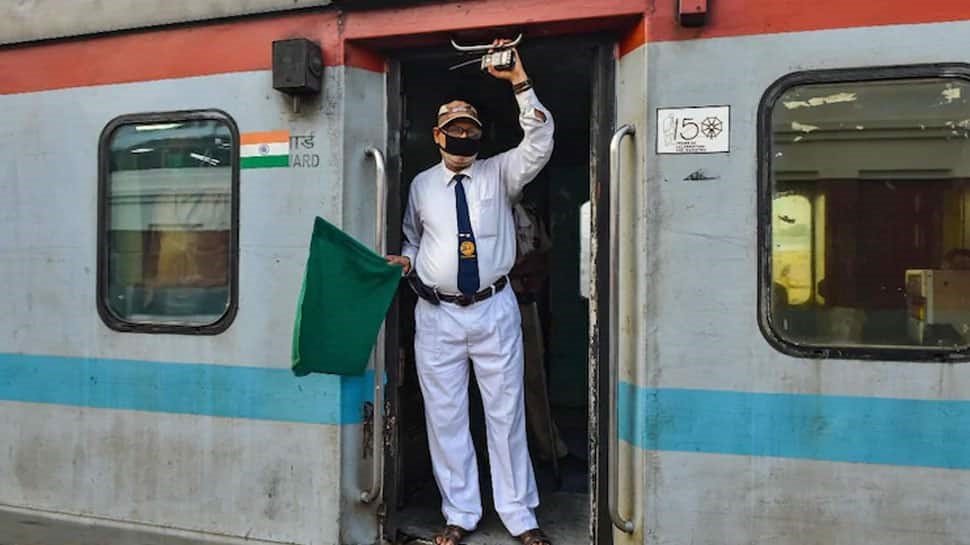Letter by of South Central Railway Mazdoor Union (SCRMU), Secunderabad Division to Sr. DOM

We have earlier published many reports of difficulties faced on the job by Loco-pilots, Station Masters, S&T workers and Track Maintainers of Indian Railways. Similar challenges are being faced by passenger Train Managers (TM) also which prevent them from performing their duty properly. We are giving here below a letter dated 27th March 2024 written by South Central Railway Mazdoor Union (SCRMU) to Sr. DOM, Secunderabad division.
Upload.Train Manager Issues - SC Divn SCRMU
